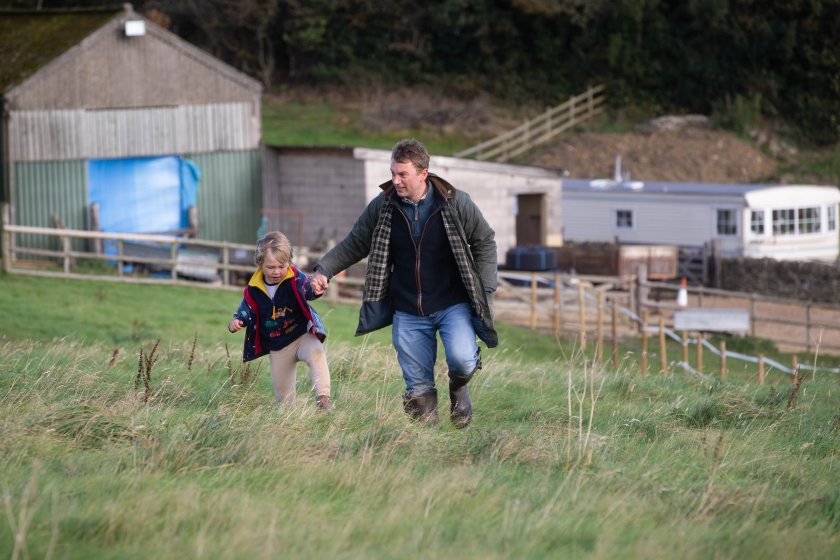
The mental health of farmers and other rural workers is being 'neglected' and more investment is needed for bespoke support, experts say.
The British Association for Counselling and Psychotherapy (BACP) is calling for an overhaul in mental health support for rural areas.
Its new report warns that current provisions are 'insufficient' and 'neglect' struggling countryside communities.
Despite rural communities facing a unique set of daily complex challenges, the NHS and current mental health services 'cannot provide the required level of support'.
Financial stress and the cost of living crisis compound pre-existing hardships and push people to breaking point, the association warns.
Loneliness, isolation, and the rural premium are just some of the common issues faced by those living in the countryside.
But farming communities also face additional economic and environmental challenges which are often out of their control – such as poor weather, rising costs and Brexit impacts.
The new report found that these communities are seemingly being left to just ‘get on with it’ as individual needs are forgotten.
BACP warns the government that by not providing bespoke support, they are ‘neglecting’ rural communities as the NHS and third sector 'simply cannot cope'.
Recommendations to the government include making area-based mental health plans to reflect the specific challenges and profile of rural communities.
BACP says it’s 'absolutely vital' to improve access to a wider range of psychological therapies – and suggests using the counselling workforce in primary care settings.
This includes the Primary Care Networks in England and the multi-disciplinary teams based within GP hubs in Scotland, Wales and Northern Ireland.
It also strongly advises the government to provide appropriate funding for third sector specialist services - which is currently ‘plugging the gap’ and providing support where statutory services are unable to help.
Dr Lisa Morrison Coulthard, director of research at BACP, said the cost of living crisis had greatly impacted rural communities.
In particular, farmers faced numerous unique mental health challenges due to closures from disease, bad weather, reduced government support, and post-Brexit funding issues.
She said: "Rising input costs worsen their situation and government is often perceived as lacking understanding of external market forces and their effect on the farming sector – which fuels the belief that farmers are being neglected.
“Current funding support available for rural areas is much lower per head than for their urban counterparts - so public services in these areas suffer and the communities who rely on them are greatly disadvantaged by location.
"The lack of available or accessible NHS services in some rural areas has also meant that third sector organisations often ‘pick up the tab’ for underinvestment."
Dr Coulthard concluded: “Governments across the UK must address the different needs of countryside communities, and provide essential bespoke support."
